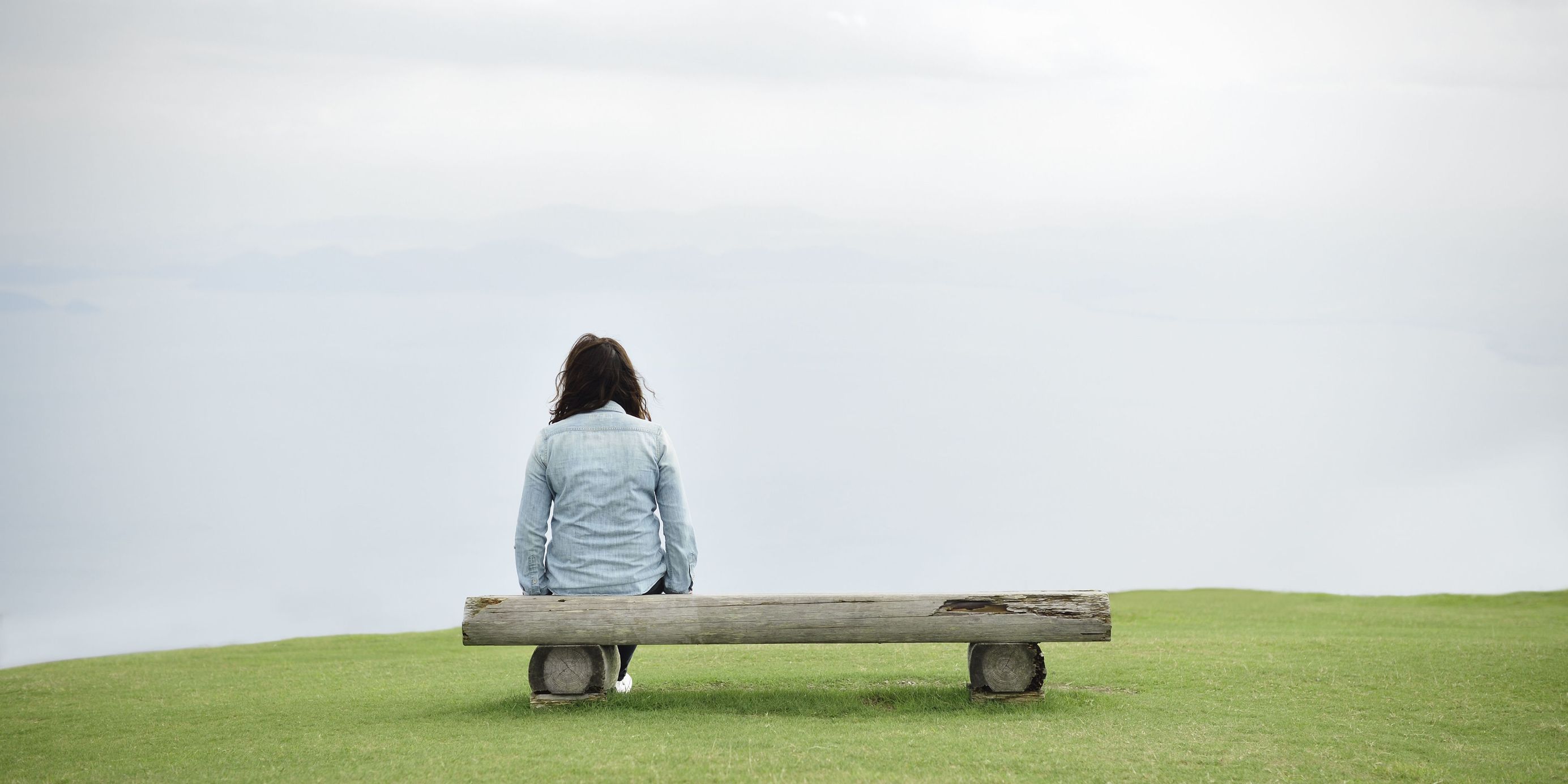Humans are social animals. We evolved in an environment where we were more prey than predator. Survival outside the primal horde was impossible. This fostered a biology that powerfully rewards interpersonal connection.
Social isolation and loneliness are more powerful risk factors for premature death than obesity. People who feel socially isolated experience higher rates of cardiovascular disease, compromised immune function and dementia in later life.
While we have appreciated the capacity of social isolation to disturb sleep, recent research suggests the reverse is also true.
Sleep loss makes people feel lonely, behave less socially, and drives greater social separation from others. The investigators demonstrated changes in both behavior and brain function with very modest reductions in sleep quality. Subjects who suffered a reduction in sleep efficiency (took longer to fall asleep) from one night to the next reported a corresponding next-day increase in loneliness from one day to the next. Sleep efficiency predicted loneliness level.
Function in two brain centers, one influencing social interactions and another that dictates the social distance one keeps from others, changed with loss of quality sleep. The brain center that encourages an understanding and inferring of the motives of others, a prosocial signal, was impaired. The center that maps the space around the individual and warns of human approach, a social repulsion signal, became hypersensitive. Previous research has demonstrated this type of brain function in subjects who report feeling lonely independent of sleep status.
The research also revealed two unexpected findings concerning how people react to the lonely. There appeared to be a contagion effect. Judges, blind to the experimental purpose, rated themselves as feeling significantly lonelier after viewing video of sleep-deprived subjects compared to sleep-rested subjects. The lonelier a judge rated a subject, the lonelier they felt. The judges also indicated they were significantly less likely to engage subjects when those subjects were perceived as sleep-deprived, relative to when the subjects were sleep-rested.
One could speculate that an aversive empathic capacity to experience another’s loneliness was adaptive. The benefit of identifying individuals unlikely to form a collaborative social bond would help avoid investment in relationships unlikely to promote survival.
So if you needed one more reason to get a good night’s sleep, here you go. Compromised sleep fuels feelings of loneliness that act as a social repellant further isolating the unfortunate insomniac.


